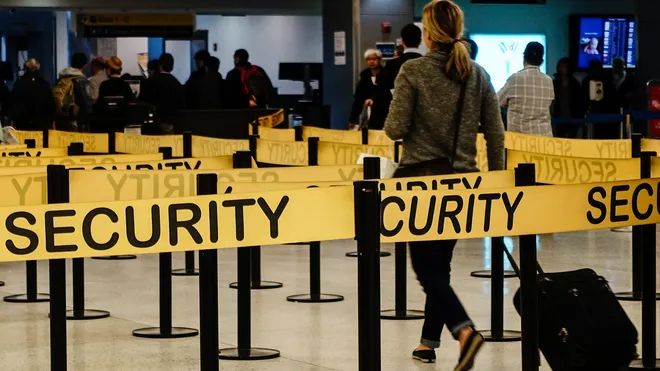When returning to the U.S. from her Curaçao spring break trip Keylin Rivera’s worst-case scenario became true.
Rivera, a U.S. and Colombian dual citizen, had flown into Charlotte, North Carolina, on Friday for a layover before heading back to Boston. She was passing through the border control Global Entry line at the Charlotte airport. But when she put her passport in the kiosk, it flagged her to see an officer. This has happened before, but officers usually just glance at her document and let her through, so she didn’t think much of it.
However, this time, she was led into a back room where she was questioned about her trip, and her bags were searched – under what they told her was a random search. Rivera asked for her passport back and resumed her journey home, but she still feels unsettled from the incident.
“There’s so much uncertainty, we don’t know what could happen, and I’ve been really anxious about traveling in general, about getting stopped, which I did get stopped,” the Harvard graduate student and former political appointee under the Biden administration told USA TODAY. “I was bracing myself already for that.”
Before she landed in Charlotte, Rivera “prepared for the worst” by deleting all her social media apps and removing Face ID from her phone. She mass texted her friends when she got flagged, just in case something serious were to happen.
“I guess my question is, why wasn’t anyone else? Why was I the only one?” she said.
Amid the recent news of detainments, deportations, and higher immigration scrutiny under the Trump administration, Americans are feeling increased anxiety about crossing U.S. borders. Even those with valid visas to lawfully study, work and live in the country feel the pressure. Travelers are rethinking any upcoming international travel out of fear of being stopped – or worse.

